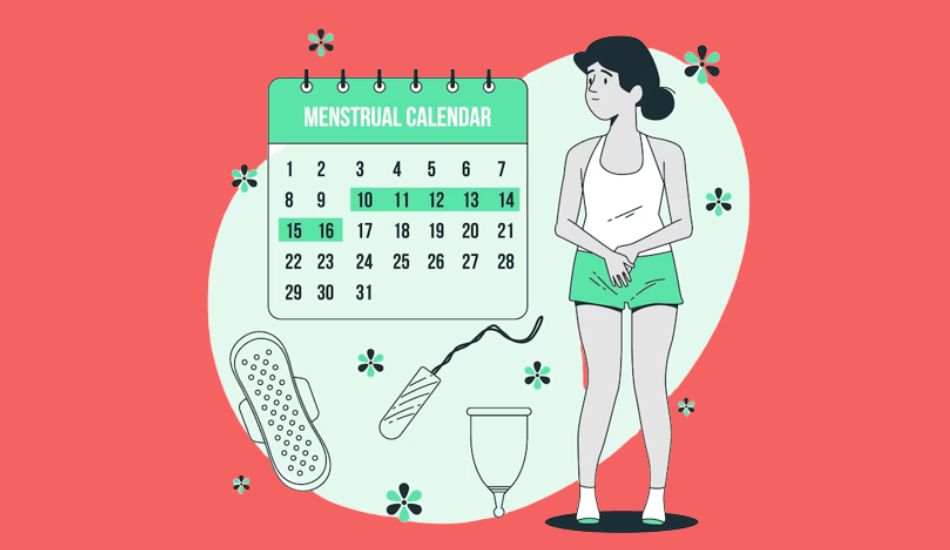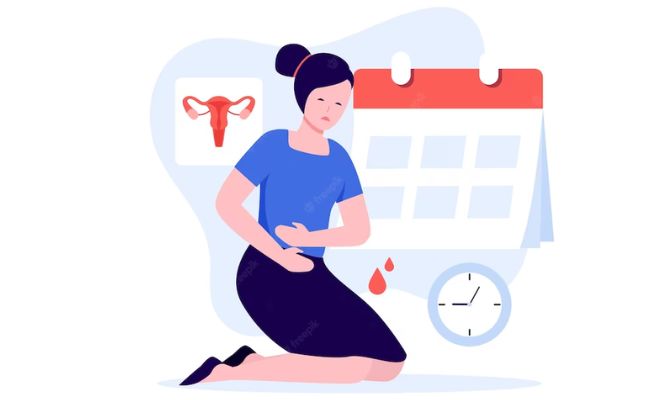Are Your Periods Getting Shorter Over Time? An Expert Gynaecologist Explains Why This Is Happening
It's Time To Get A Doctor Check!
Have your periods been getting shorter? Like, going from a solid 7-day affair to just 3 or 4 days of menstruation? It might not seem like a big deal, but trust me, it could be a sign of something going on in your body. So, we decided to get some expert advice from Dr Yuvraj Jadeja, a celebrity gynaecologist and Co-founder at Nimaaya Healthcare on why your periods are gradually becoming shorter.
Here’s What He Has To Say-
1. Should I Be Concerned If I Experience A Sudden Or Significant Decrease In Menstrual Flow?
A sudden or significant decrease in menstrual flow may warrant medical evaluation, as it could indicate a hormonal imbalance, pregnancy, certain medical conditions, or other factors that require attention. It’s best to consult with a healthcare provider to determine the underlying cause and appropriate course of action.
Also Read: “We Aren’t Going To Party For 3 Days”: Twitter Thread Shows How Little Men Understand Periods, Menstrual Leave
2. Can A Gradual Decrease In Menstrual Flow Be A Sign Of A Serious Health Condition?
While a gradual decrease in menstrual flow can be caused by various factors, it is important to consult with a healthcare provider to rule out any underlying serious health conditions. In some cases, it may indicate an issue that requires medical attention, such as uterine or ovarian abnormalities, hormonal disorders, or certain chronic illnesses.
3. Can Certain Medications Or Medical Conditions Cause A Gradual Decrease In Menstrual Flow?
Yes, certain medications such as hormonal contraceptives, certain antidepressants, and chemotherapy drugs can potentially affect menstrual flow. Medical conditions like polycystic ovary syndrome (PCOS), thyroid disorders, uterine fibroids, endometriosis, and reproductive organ abnormalities can also contribute to changes in menstrual flow.
4. Is It Normal To Experience A Gradual Decrease In Menstrual Flow As You Approach Menopause?
Yes, as women approach menopause, their hormone levels naturally fluctuate, leading to changes in menstrual flow. It is common for periods to become lighter or have irregular cycles during perimenopause, the transitional phase leading up to menopause.
5. Are There Any Potential Complications Associated With A Gradual Decrease In Menstrual Flow?
In some cases, a gradual decrease in menstrual flow may indicate underlying hormonal imbalances or reproductive issues that can impact fertility. It’s important to consult with a healthcare provider if you are trying to conceive or have concerns about your reproductive health.
Also Read: Navya Naveli Nanda Says Discussing Periods With Grandpa Amitabh Bachchan Is A Sign Of Progress. We’re Glad She’s Destigmatizing Mensturation!
6. What Are The Potential Treatment Options For Addressing A Gradual Decrease In Menstrual Flow?
Treatment options depend on the underlying cause. Hormonal therapy, such as birth control pills or hormone replacement therapy, may be prescribed to regulate menstrual flow. Addressing any hormonal imbalances, such as those related to thyroid or prolactin, is also crucial. In cases of structural abnormalities, surgical interventions may be necessary. Lifestyle modifications, stress management techniques, and dietary adjustments can also support hormonal balance.
Remember, it is always advisable to consult with a healthcare professional for personalized advice and guidance regarding any concerns or changes in menstrual flow.
Female Dogs Do Experience Periods. Here’s What You Need To Know About It.
























